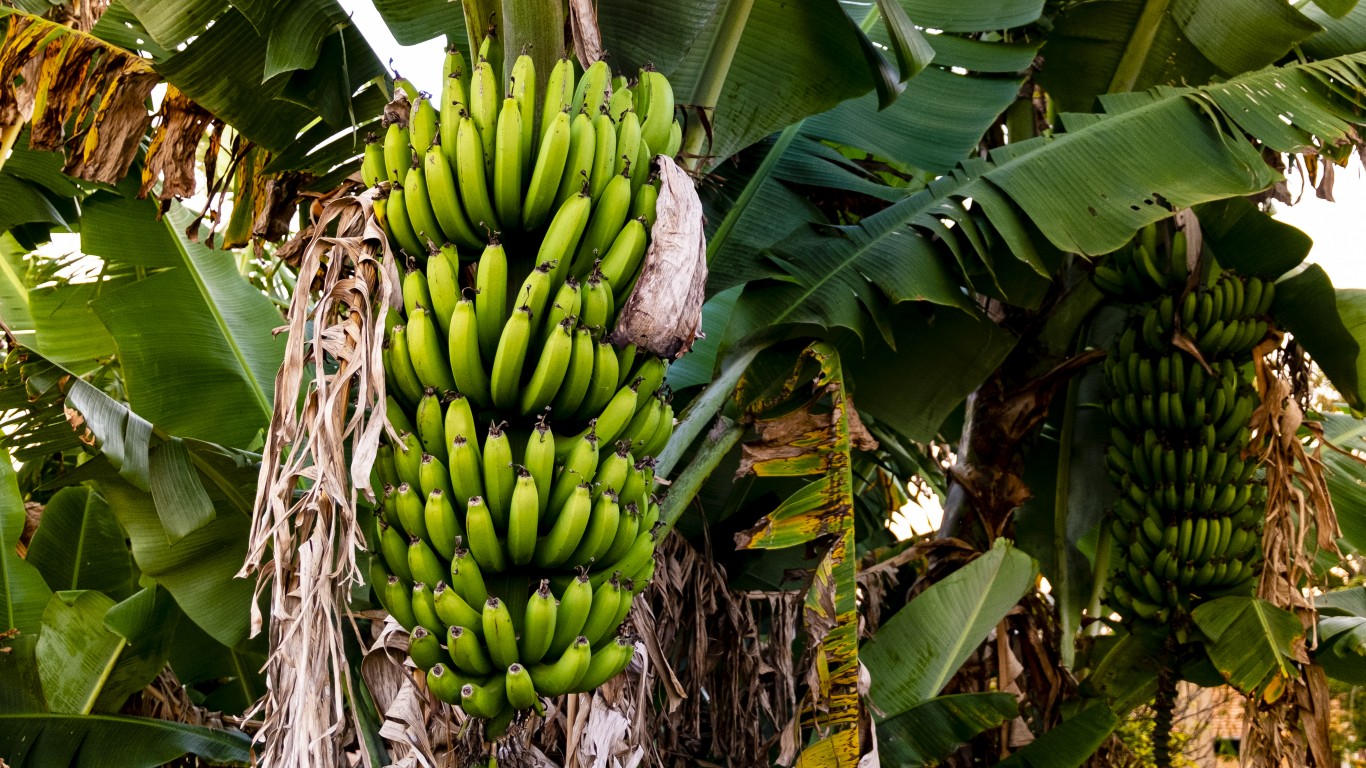
Source: thinkstock
The breakup of the Belarusian-Russian cartel drove global potash prices down from near $400 a tonne to about $300 a tonne, spelling big problems for North American producers Potash Corp. of Saskatchewan Inc. (NYSE: POT), Mosaic Co. (NYSE: MOS) and Agrium Corp. (NYSE: AGU), themselves members of a potash marketing group called Canpotec.
Uralkali is the lowest cost potash producer in the world, followed by its former partner Belaruskali. Potash Corp. is the lowest cost producer among the Canpotec group at $121 per tonne, about double Belaruskali’s price. Agrium’s costs total $125 a tonne and Mosaic’s come to $145. It is pretty easy to see why a price war works in Uralkali’s favor.
Uralkali does expect demand to rise by about 10% in 2014, which is what it was hoping for when it announced it was leaving the cartel. The Russian firm is predicting higher demand from China, Indian, Brazil and Southeast Asia. Prices in Brazil have leveled off at around $310 to $330 a tonne.
In the third quarter, Potash Corp.’s average realized price was $307 a tonne, production fell by 27% and sales were down by half a million tonnes. That caused the company to lower its guidance well below the consensus estimate for full-year earnings per share (EPS) of $2.51 to a new range of $2.00 to $2.20. The current consensus estimate calls for EPS of $2.18.
The fourth quarter typically sees low demand for potash in both the United States and Brazil, so fourth-quarter results would usually be somewhat lower. In the U.S., the first quarter typically sees the most sales, while Brazil and China buy the largest portion of their potash in the second quarter. Purchases from India have been hit by the rupee’s devaluation, which could affect sales there in the fourth quarter, usually the period for the most sales in that country.
Thursday’s report from Uralkali has boosted Potash Corp.s shares in premarket trading by about 1%. The stock closed Wednesday at $31.38 in a 52-week range of $28.55 to $44.13.
Mosaic shares were up about 0.2% in premarket trading, at $44.85 in a 52-week range of $39.75 to $64.65, and Agrium shares were inactive, having closed Wednesday at $90.09 in a 52-week range of $77.19 to $115.31.
Sponsored: Want to Retire Early? Here’s a Great First Step
Want retirement to come a few years earlier than you’d planned? Orare you ready to retire now, but want an extra set of eyes on your finances?
Now you can speak with up to 3 financial experts in your area for FREE. By simply clicking here you can begin to match with financial professionals who can help you build your plan to retire early. And the best part? The first conversation with them is free.
Click here to match with up to 3 financial pros who would be excited to help you make financial decisions.
Thank you for reading! Have some feedback for us?
Contact the 24/7 Wall St. editorial team.



